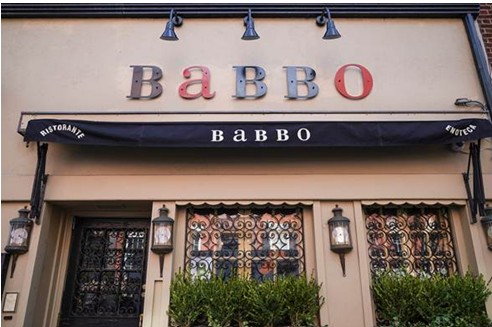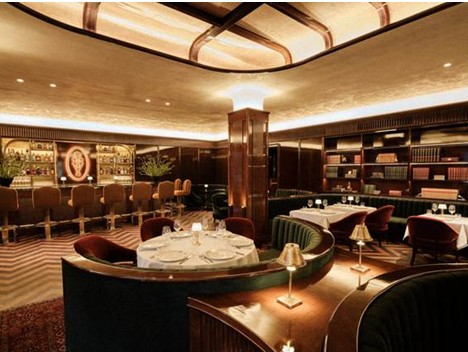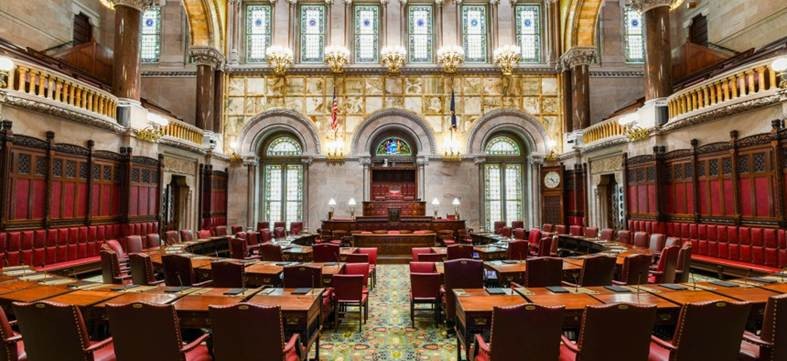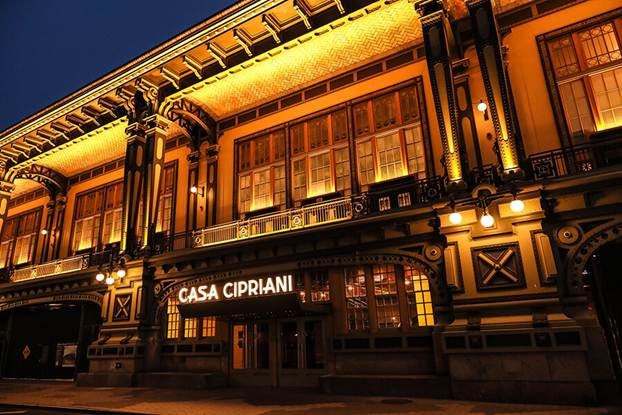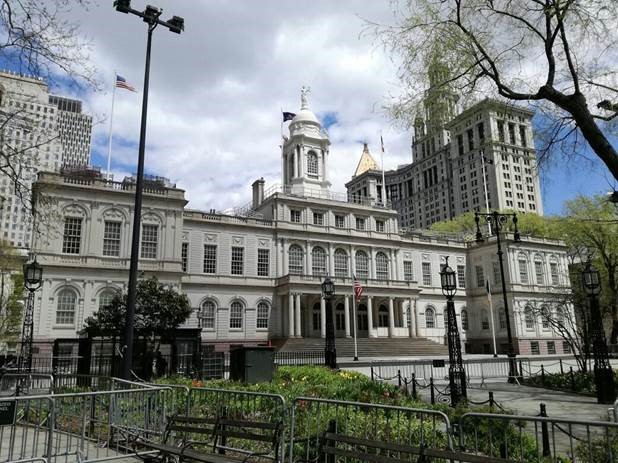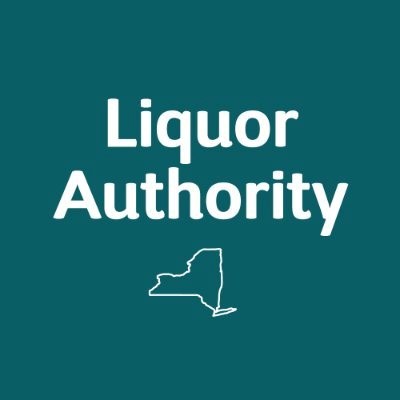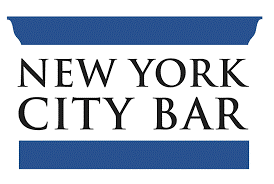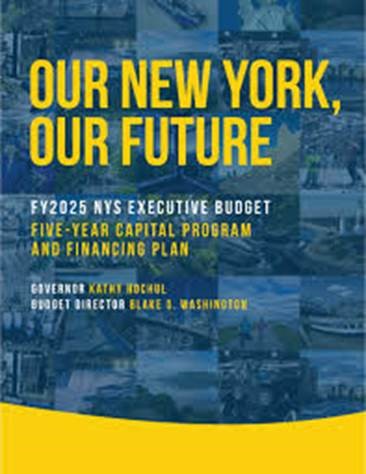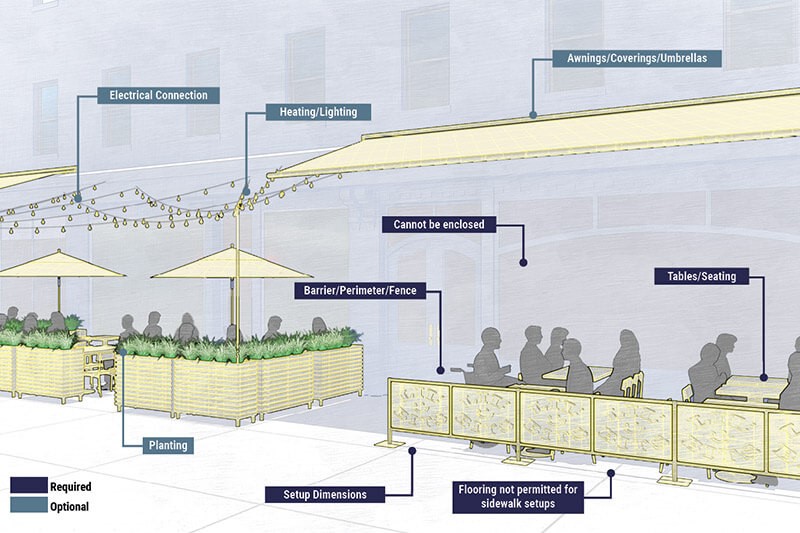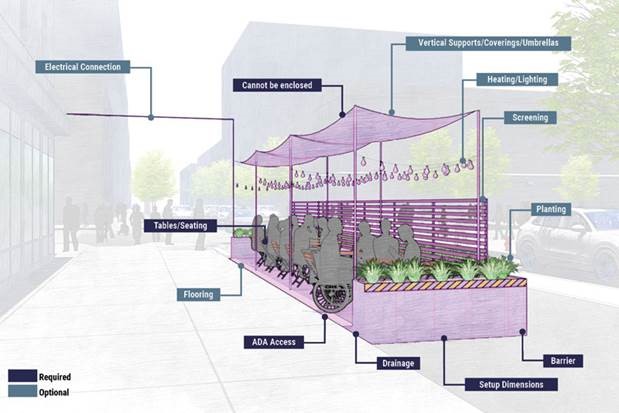Babbo, one of New York’s most iconic Italian restaurants at 110 Waverly Place, has been acquired by Stephen Starr and Starr Restaurant Group. Michelin-starred Del Posto’s former chef Mark Ladner has been hired to run the kitchen. Babbo made a splash when it was opened in 1998 by Mario Batali and Joe Bastianich. Batali left the business in 2017. Starr Restaurant Group’s New York restaurants include Buddakan, Upland, Pastis, Le Coucou and others. Bernstein Redo & Savitsky, P.C. is proud to be a part of the Babbo and Starr Restaurant Group team.
Kith Ivy at 120 Leroy Street in Manhattan is opening its members only club featuring a restaurant, Café Mogador, three rooftop full-sized padel courts, the first Erewhon tonic bar location outside of Los Angeles, a Giorgio Armani designed full-service spa, and a 1,500 square foot gym. The spa will include a jacuzzi, hammam, sauna, steam rooms and cold plunge. Kith CEO Ronnie Fieg has partnered with Midtown Equities and the Cayre family in launching the club. The project faced stiff opposition by Manhattan Community Board 2 and local residents but was approved for a liquor license in August. Bernstein, Redo & Savitsky, P.C. is proud to be part of the Kith Ivy team.
Following up on our May 20, 2025 post, we are pleased to report that this week the State Senate and Assembly passed the long-awaited bill that allows a private members club in New York to be licensed to a for-profit company. The legislation will add a new section 64(f) to the Alcoholic Beverage Control Law and will create a new license class, a “for-profit club,” that can be licensed for a recreational, social, patriotic, political, athletic or benevolent purpose. A for-profit club license may also be obtained for communal workspace and corporate dining rooms, a change from existing law. To qualify for a license under this new section, the club must have at least 100 members. Liquor service will be limited to dues paying members and their guests. The bill still must be signed by Governor Hochul and then has a 180-day waiting period before it becomes effective. Any not-for-profit members club licensees will likely have to file a class change with the New York State Liquor Authority after the law becomes effective on notice to the local community board or municipality. This is a dramatic change in licensing and Bernstein Redo & Savitsky, P.C. is proud to have been involved in its passage.
New York has seen an explosion in private members clubs catering to diverse interests recently. From Tiro a Segno, a club in Manhattan since 1888, to San Vicente Bungalows which opened in the former Jane Hotel in March 2025, the pay-for-play social scene is thriving. Licensing a private members club in New York has challenges. By law, it must be operated by a not-for-profit company and may only serve its dues paying members and their guests. There are restrictions on private events, along with many other rules. We have been helping members clubs obtain liquor licenses ever since Nick Jones and Soho House landed in the Meatpacking District over twenty-two years ago, in 2003. Bernstein Redo & Savitsky, P.C. has developed a particular expertise in licensing members clubs in New York. In addition to Soho House, we are proud to have obtained private members club licenses for Zero Bond, Casa Cipriani, San Vicente Bungalows, ZZ’s, Chez Margaux, The Twenty Two, Casa Tua, Fly Fish, Ned Nomad, Maxwell Social, Neuehouse, Norwood, Seven 24 Collective, Tiro e Segno, and The Wing, to name a few. Other club licenses we are working on are in process, including Stylus, and clubs to be opened at the Gramercy Park Hotel, at 520 Fifth Avenue and at 40 Broad Street. There is a bill presently pending in Albany that would create a new class of private members club licenses that would eliminate the not-for-profit company requirement. Bernstein Redo & Savitsky, P.C. has been at the forefront of working with lobbyists, the New York State Liquor Authority, and club operators to shepherd this bill through the legislative process. We will report next month on its success.
Mayor Eric Adams signed into law the controversial Safe Hotels Act, claimed by its sponsors to be a historic step towards enhancing public safety and ensuring worker protection in the city’s hotel and hospitality industry. The legislation requires hotels to obtain a license to operate in New York City and implements enhanced security and safety measures such as panic buttons for housekeepers, human trafficking recognition training, and subcontracting and employment restrictions for critical, public-facing hotel staff. While the legislation received support form numerous hotel and trade unions, groups supporting hotel owners claimed that it would kill jobs, burden the industry and throw it into turmoil by, among other things, leading to skyrocketing room rates. Smaller hotels are exempt from the legislation. The bill passed with overwhelming support by the City Council.
A long awaited amendment to the laws on temporary retail permits was signed by Governor Hochul on Wednesday. The prior law only permitted temporary retail liquor permits on new applications in New York City if the premises had been licensed within the past two years. The new law, passed by the legislature in June and awaiting the governor’s signature, eliminated the two year requirement. Now, any applicant for an on premises license can apply for a temporary permit, even if the space was never previously licensed. Approval of the temporary permit, however, is conditioned upon the New York State Liquor Authority making a preliminary finding, after the 500 foot law hearing, that the public interest test has been met. An applicant operating under a temporary permit on a new application must close by midnight, and is not permitted to have a DJ or live music. This is a hugely significant change in the law, especially given how long it takes for final approval of liquor license applications.
On May 15, 2024, the New York City Bar Association will present a webinar on Restaurant Law from 9:00 am until 1:00 pm sponsored by the Hospitality Law Committee. The program will focus on the corporate, real estate, liquor license, and employment/labor issues in opening and operating a restaurant. Donald Bernstein of Bernstein Redo & Savitsky, P.C. will present a one-hour section on retail liquor licenses in New York, including reviewing who can be licensed, what can be licensed, the 200 foot and 500 foot laws, and how to navigate the New York State Liquor Authority and the local community boards. He will also discuss the ever popular private members club and the rules in New York that govern the licensing of private members clubs.
There are significant changes in the liquor laws included in the state budget for 2025 signed by Governor Hochul. One of the provisions eliminates the 30-day waiting period to file an on-premises license application with the New York State Liquor Authority after notice is given to the local community board or municipality. Applications can now be filed simultaneously with the giving of that notice.
In 2022, legislation was enacted allowing cocktails to go. The sunset of that law has been extended from 2025 to 2030.
The 2025 budget also allows the licensing of movie theaters for full liquor. The prior law only permitted movie theatres to serve liquor if it met the definition of a restaurant. Under the new law, snacks such as popcorn and candy are sufficient for movie theaters to meet the food requirement for a license.
Changes were also made regarding one-day caterer’s permits. Prior law required any permit for full liquor to be limited to indoor or tented outdoor spaces. The new law now allows private event permits to be issued for outdoor events.
Another change eliminates the Prohibition-era requirement that a liquor, wine, or package store be located at street level to qualify for a license.
One proposed law that did not make it into the budget was intended to eliminate the requirement that a premises had to have been licensed within the prior two year period for a new license in the City of New York to obtain a temporary permit.
In accordance with Local Law No. 121 of 2023, the New York City Department of Transportation released its final rules relating to its Dining Out NYC Program for permanent sidewalk and street seating. As of today, March 5, 2024, DOT opened its portal to accept applications under those rules. These rules replace the 2020 temporary Open Restaurants program, and all restaurants that have permits under the COVID-era program are required to file with DOT for new permits by no later than August 3, 2024. All new applicants who have ground floor interior space are eligible and may file an application with DOT. The application must include a petition which is available on the DOT website, a site plan showing all required clearances, photographs, property owner consent and certification from the applicant that they have entered into a contract for pest control for the outdoor area. Applicants must also have a Health Department permit. Once DOT receives an application, notice is given to the local community board which has the right to comment. If they oppose the application, DOT will conduct a public hearing. Unenclosed sidewalk and roadway cafes may only operate until midnight, and alcohol may be served only if permitted by the New York State Liquor Authority. No music or smoking is permitted in the outdoor space. Roadway cafes must be dismantled between November 30th and March 31st. Sidewalk cafes must have a perimeter demarcation, such as a base wall, planter, fence, or stanchions with ropes. It may not be erected on any platform or flooring. The code has specific required measurements and clearances to curbs, tree beds, subway grates, fire hydrants, and other objects. DOT estimates that approval times for applications will be approximately six months.
In August, New York City Mayor Adams signed a bill to create a permanent outdoor dining program, called “Dining Out- NYC,” which grants the Department of Transportation authority to issue permanent licenses for roadbed and municipal sidewalk seating. DOT just issued proposed rules for the Dining Out-NYC program with notice of a public hearing to review those rules before they are adopted. Here is a copy of those proposed rules: DOT Outdoor Dining Proposed Rules.pdf (nyc.gov)
DOT will be conducting a public hearing on the proposed rules online on November 20, 2023 at 10:00 am. Participants can join the Zoom meeting via the link above. Written comments can also be submitted to rules@dot.nyc.gov. Anyone wishing to speak at the meeting must register to do so by November 17th. Once final rules are enacted, DOT will launch an online application portal and applications will be accepted in early 2024. Operators who have temporary permits under the Open Restaurants program may continue to use those permits through the remainder of 2023, and then must apply under the new program within three months.

